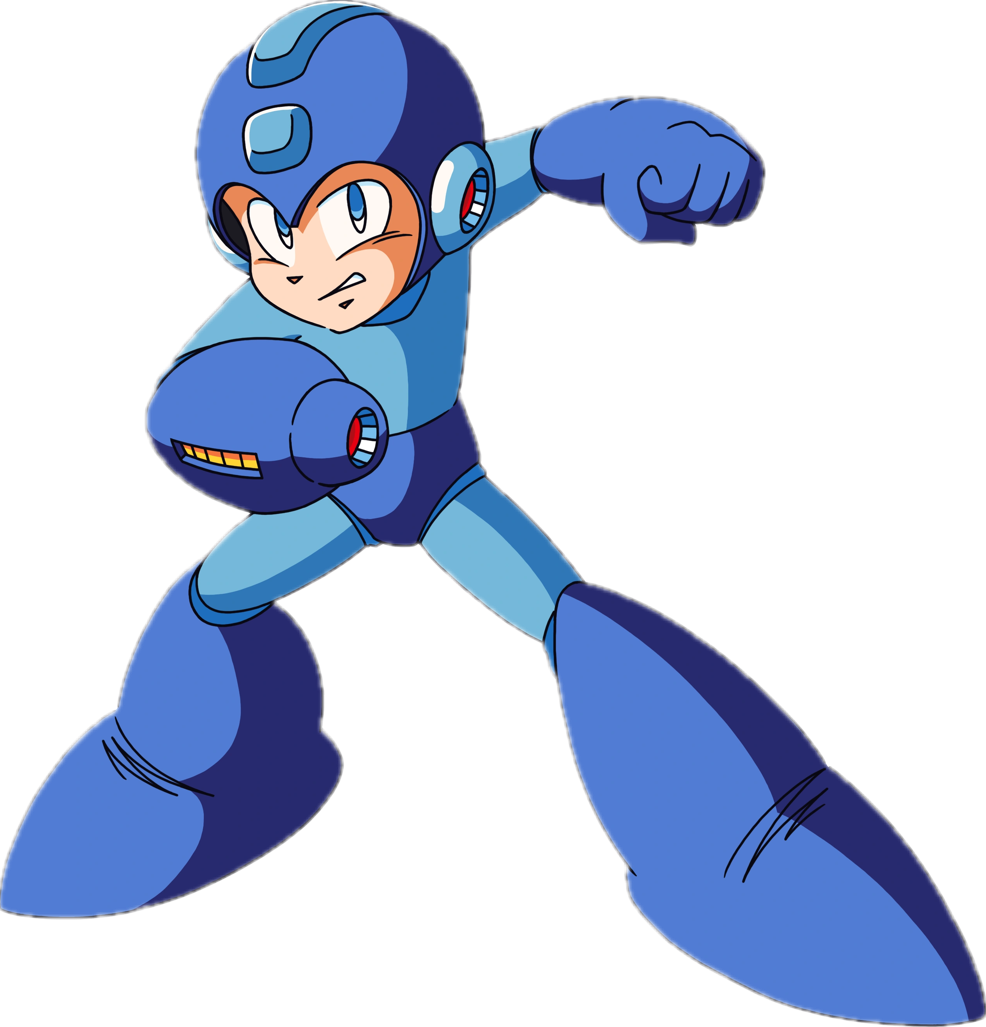







I have my own espresso machine and make various drinks for myself as a hobby. That’s actually the easy part of being a barista. The hard part is keeping up with a high pace of orders during rush hour. I would not want to be a barista either, specifically because of the stress of that work.
The other commenter is right about the good coffee though. Making really good espresso from fancy light roasted single origin coffee is extremely difficult.
You are one cynical, miserable human being. I hope one day your life gets better than it is now. Wow!
If you’re comparing ads on Reddit, even for a fascist organization, to a boyfriend/husband who beats his partner bloody, I’m sorry but you’ve lost me. How many people do you think even see ads on Reddit? Most people block ads these days.
If you want to zoom out, zoom all the way out. Listen to Mark Carney’s speech. The so-called liberal rules-based international order was always built on hypocrisy. A willingness on the part of liberal democratic countries to tolerate and even participate in the violation of the rights of others, while decrying the overreach of totalitarians who in turn laugh and point out our hypocrisy.
The appeal to hypocrisy and cowardice won’t achieve any of your goals. If anything it’ll only encourage people to dig in their heels and resist migration. After all, why would they want to leave their community and come here when it’s clear they won’t be welcome?
It’s all about the small subreddits. Ones where a new post can stay on the page for several days in a row but there are plenty of new comments and posts to keep discussions going without everyone losing interest. These are communities where you get to know the regular posters and beginners are welcomed with friendly advice, rather than chastised for asking repeated questions (beginners always repeat frequently asked questions; that’s a universal rule).
I think it’s also pretty important that the inflow of new members is not too high or nonexistent for that matter. And that the outflow of people leaving is roughly balanced with the inflow, so the community doesn’t grow too fast and it doesn’t wither away either.
We’re not talking about a cult or an abusive situation, we’re talking about a community that is hosted on a platform which has problems that are growing over time (ownership that is gradually enshittifying it). But even if it were an abusive situation, people still find it hard to leave. Do you call women in abusive relationships hypocrites and/or cowards if they encourage others to leave their abusive relationships while struggling to leave their own?
Different people have different ties to a community as well. I think many people who left Reddit forever did not have very strong ties anyway, so they had less to lose by leaving. People with stronger ties are going to have a harder time leaving and they’re going to complain louder in the (possibly forlorn) hope they encourage everyone to leave along with them.
Totally missing the point. People not wanting to walk away from a community they belong to doesn’t make them cowards, it makes them human.
So I take it you’re living in a cabin in the woods, all by yourself, growing your own food and living off the land, completely alone? What are you doing on the internet then? You didn’t build that all by yourself!
I think they do want to leave. They just don’t want to be the first to leave among their group, because they’re afraid of going it alone. Complaining then serves as a way of trying to build a consensus around leaving as a group. Sometimes it works, sometimes it doesn’t. Why it works when it works will remain a mystery to me.


We didn’t have a steampunk society at the time the transistor was invented. We were already post-steam with internal combustion engines dominating the vehicle market, including on rails with diesel-electric locomotives (diesel-powered internal combustion generator that produces electricity to run electric motors in the wheels).
The problem with steam is that it’s highly corrosive. High temperature boilers and steam parts and fittings require a lot of expensive maintenance to repair pinhole leaks that cause loss of steam power and pressure. Internal combustion engines don’t have this problem because they keep the heat contained inside the engine cylinders which are surrounded by a jacket of constantly circulating water-based coolant (that sheds heat through the radiator). The useful power that leaves the engine is purely mechanical, transmitted into the crankshaft and then the transmission and driveshaft. These parts are lubricated with oil and low maintenance due to the low temperatures and low friction of the system.


That’s a really good point too. Belief in conspiracies and other junk beliefs can be a surrogate for agency.


For some reason thats always how it is.
I think it’s because the obvious answers aren’t interesting. A big thing for conspiracy theorists is that they are part of a group who knows the real story. It’s as much about feeling like they belong to something important and exciting as anything else.
It’s like the people who believe the apocalypse is coming soon. Well if the apocalypse happened 1000 years from now that would be pretty soon (a geological blink of an eye) but it wouldn’t be anywhere near to falling within the lifespan of the believers. That doesn’t work! These people need to feel special, to feel important, to believe their life is meaningful for no other reason than to be alive when an important event happens.
The rural areas sure. Edmonton and Calgary are not. They’re the stronghold for the provincial NDP. Wasn’t too long ago that Alberta had an NDP government on the strength of their support in those two cities.


It’s your super power! My pinkie finger and ring finger are linked. I can’t close my pinkie all the way while keeping the ring finger straight.


Yes, how about a city builder for advocates of New Urbanism? I think this dovetails pretty well with Solarpunk as a movement. It focuses on walkable neighbourhoods, community living, mixed use spaces, public transit and transit-oriented development.


Every relationship would work out if not for all the red flags. It’s the Anna Karenina principle:
All happy families are alike; each unhappy family is unhappy in its own way.
This applies to all kinds of situations where success depends on avoiding a wide variety of critical failures, leaving a pretty narrow space of variation among the successes. Rocket launches are another nice example!


I remember seeing a lefty coworker who had done this at a previous job and it broke my brain just to watch him use it. So cool and so funny how a minuscule change like that (literally flipping an image that’s just a few pixels) can make such a but mental difference!


Yeah, and ultimately it’s rather silly to practice because it’s not that practical anyway, especially when everyone has a calculator on their phone.


Ahh if I do that it’s a really uncomfortable stretch feeling on the back of my hand!
I don’t have any issues with counting in binary though. If my fingers could cooperate I could do it. Adding in binary is easy enough too.


Sure, but good luck putting up 15 with that system. Just try it: raise all your fingers except for your pinkie!